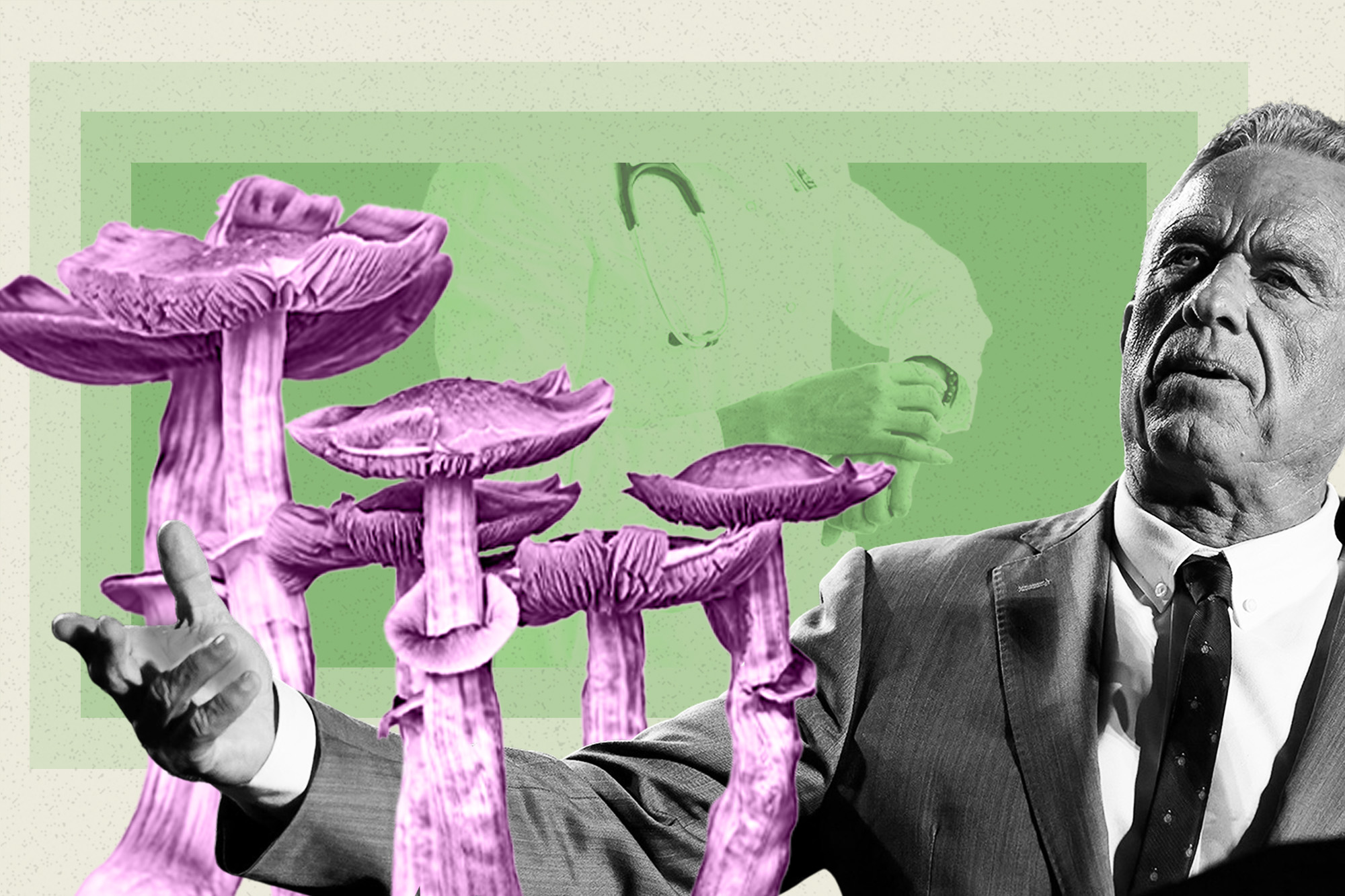
A recent study has unveiled a significant disconnect between media narratives and public perceptions regarding the consumption of wild meat in Central Africa during the COVID-19 pandemic. Researchers from the University of Oxford, in collaboration with the Wildlife Conservation Society (WCS) and CIFOR-ICRAF, published their findings in the journal People and Nature. The study highlights the complex interplay between media reporting, community beliefs, and behavior change, offering crucial insights for wildlife management and public health strategies.
The research analyzed over 260 media articles from the Democratic Republic of Congo (DRC), Gabon, and the Republic of Congo, alongside phone surveys conducted with more than 3,600 individuals in Cameroon and the DRC. Lead author Yuhan Li, a DPhil student at the University of Oxford’s Department of Biology, noted that while media coverage often emphasized the risks of zoonotic disease transmission from wild meat, public perceptions were more nuanced.
“Media articles tended to emphasize the risks of a virus spill-over from wild meat to humans,” Li said. “However, our results show that people’s perceptions were more influenced by their personal experiences, and that their food choices were largely determined by the price and availability of wild and domestic meats.”
Wild meat remains a vital source of food and income in Central Africa, yet the relationship between COVID-19 and wild meat consumption has not been thoroughly examined in the context of media discourse and public opinion. The pandemic spurred increased media attention on the subject, altering public perceptions and reported consumption behaviors.
Public Responses and Media Coverage
The study revealed that approximately 61% of analyzed articles discussed the zoonotic risks associated with wild meat. Surprisingly, many respondents viewed domesticated red meat as the riskier protein source. Nearly half of the Cameroonian participants indicated they had reduced their wild meat consumption due to health concerns. Conversely, one-third of respondents in the DRC reported increased consumption driven by the scarcity and rising costs of alternatives.
The disconnect between media narratives and public beliefs raises important questions about how to effectively communicate health risks and influence behavior change. As bans on wild meat trade emerged as a potential policy response to the pandemic, researchers found that public opinion varied significantly. While residents of the DRC showed stronger support for such bans, opinions were more divided in Cameroon.
“If we want to shift behaviors around wild meat consumption in Central Africa, we need to start by listening,” explained Lude Kinzonzi from the Wildlife Conservation Society. “Top-down bans or generic health warnings rarely work. What makes the difference are approaches grounded in real community needs and motivations, positive campaigns built on evidence, amplified by trusted local voices, and supported by viable alternatives.”
Recommendations for Effective Strategies
The authors of the study advocate for evidence-based communication campaigns that involve collaboration with trusted local influencers. To effectively address the challenges surrounding wild meat consumption, targeted and context-specific policy measures are essential.
These measures should be complemented by enhanced access to safe and affordable wild meat substitutes and investment in stronger local institutions, law enforcement, and monitoring systems. A multifaceted approach can help achieve both biodiversity conservation and improved human health outcomes, particularly in regions where wild meat continues to play a crucial role in food security and livelihoods.
The research underscores the need for a deeper understanding of social perceptions surrounding wild meat, emphasizing that effective interventions must resonate with community realities and preferences. The findings are expected to contribute significantly to ongoing discussions on wildlife management and public health in the region.
More information can be found in the study, “The impact of COVID-19 on public perceptions of wild meat in Central Africa,” published in March 2025, with the DOI: 10.1002/pan3.70094.







